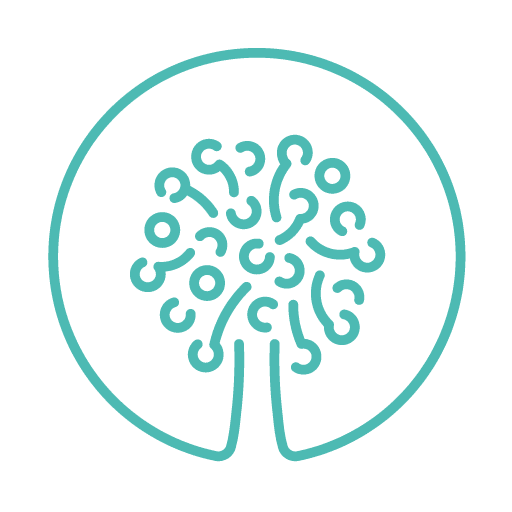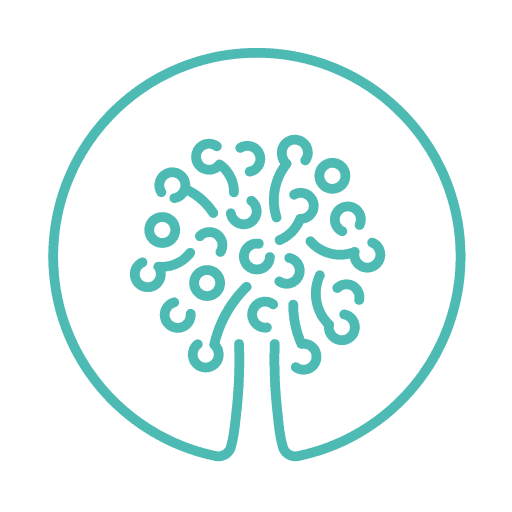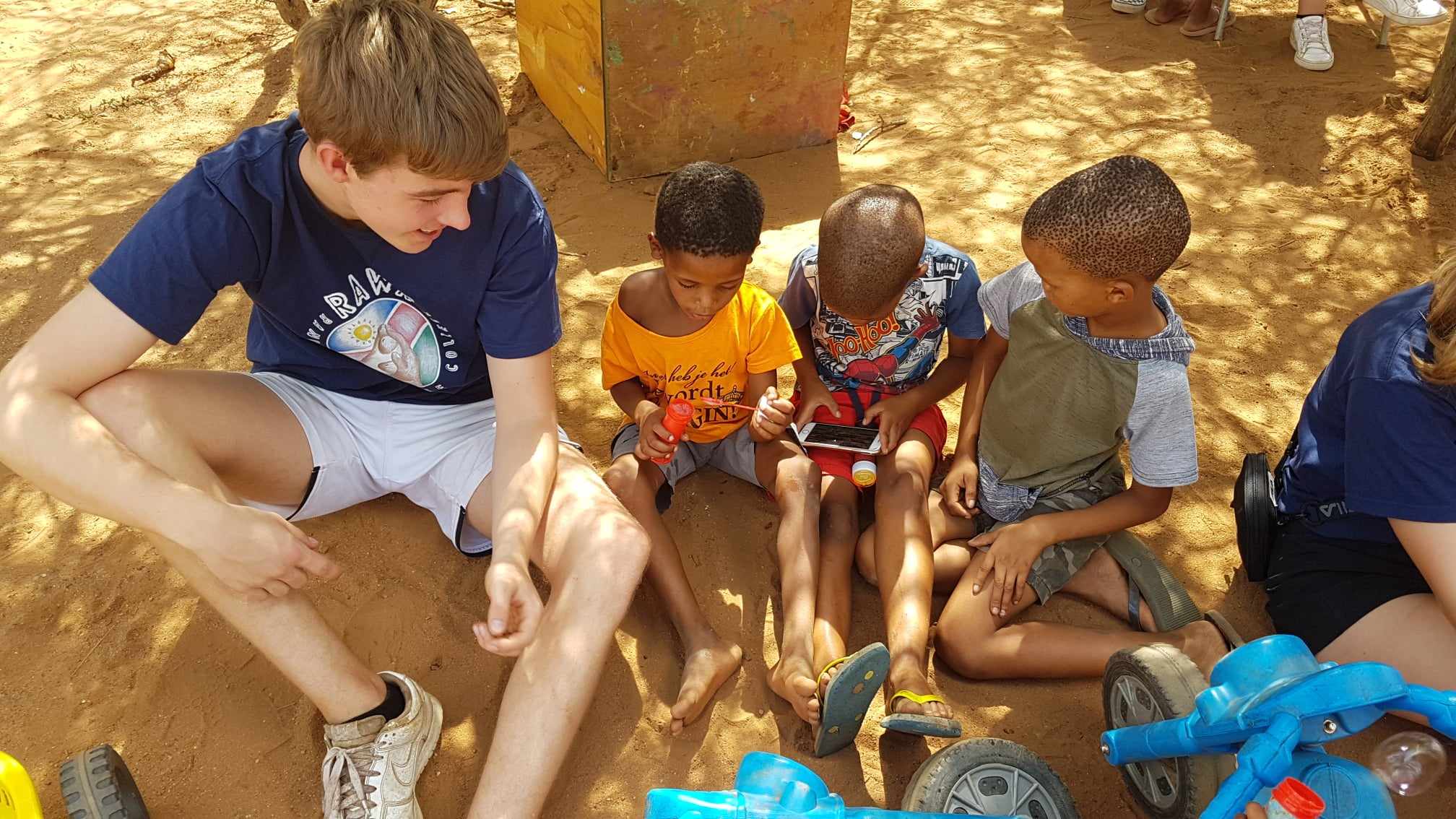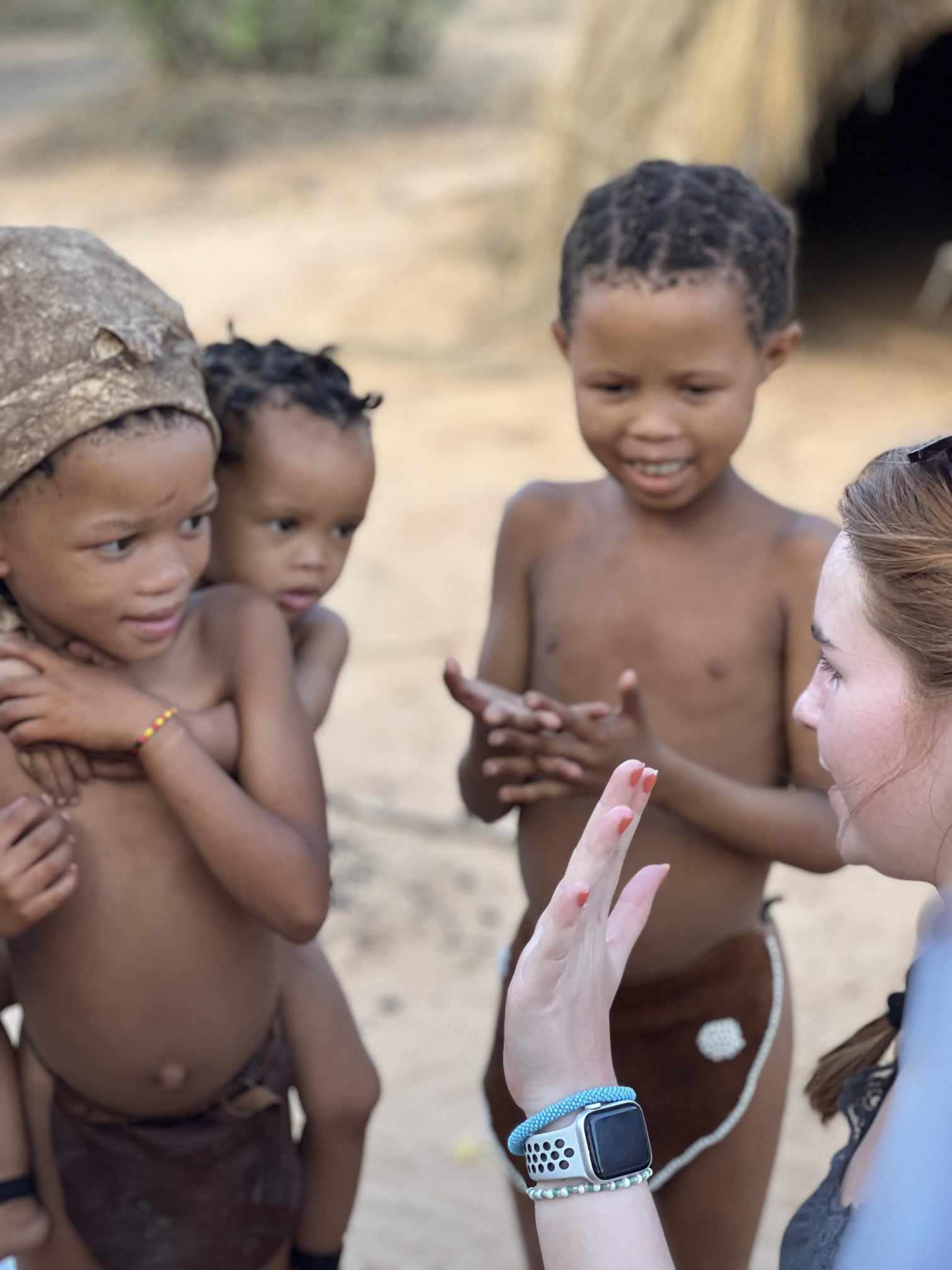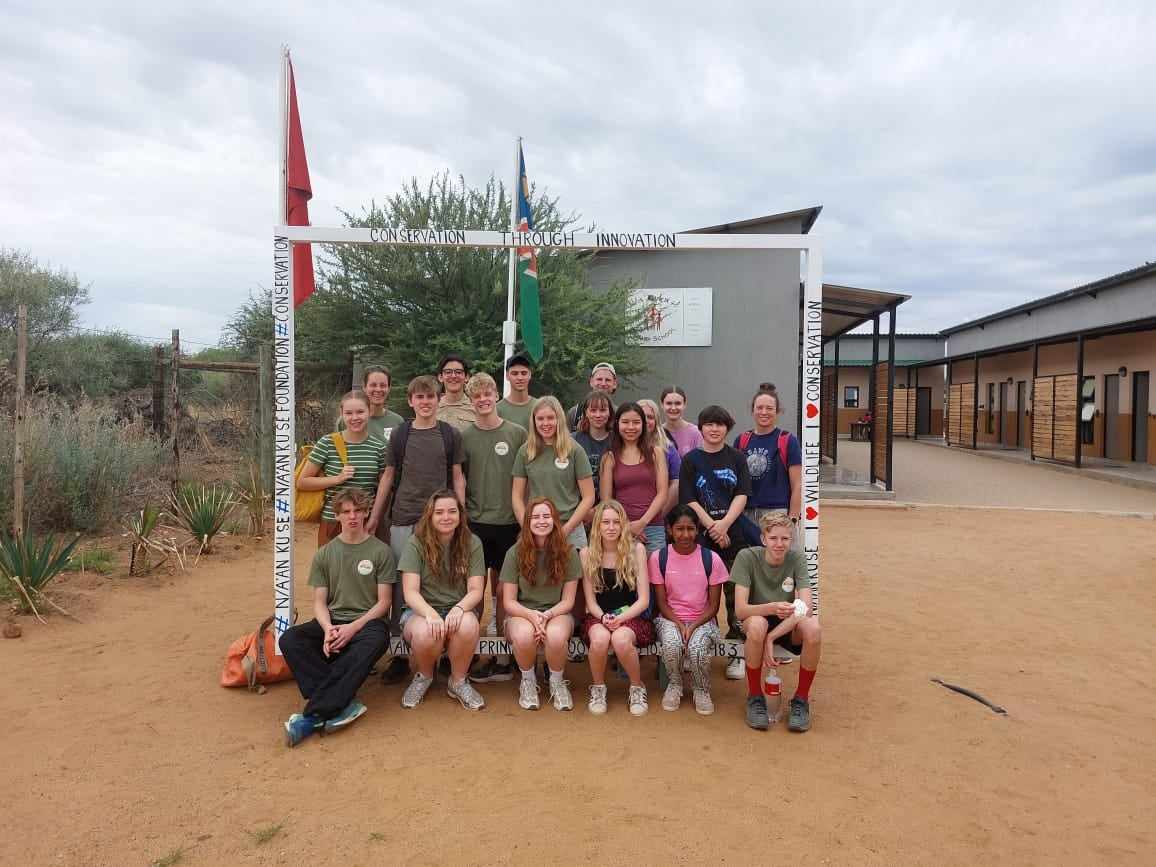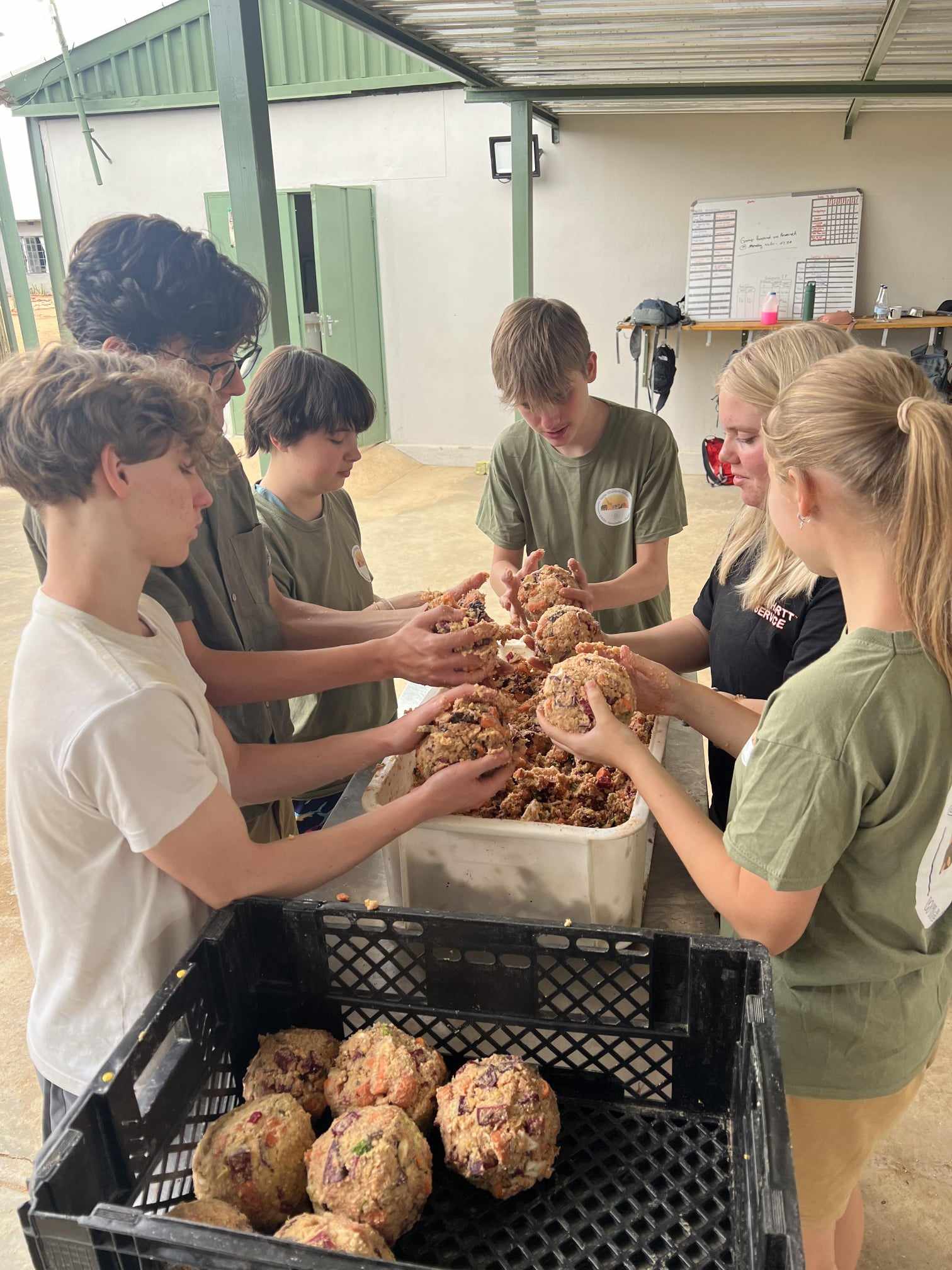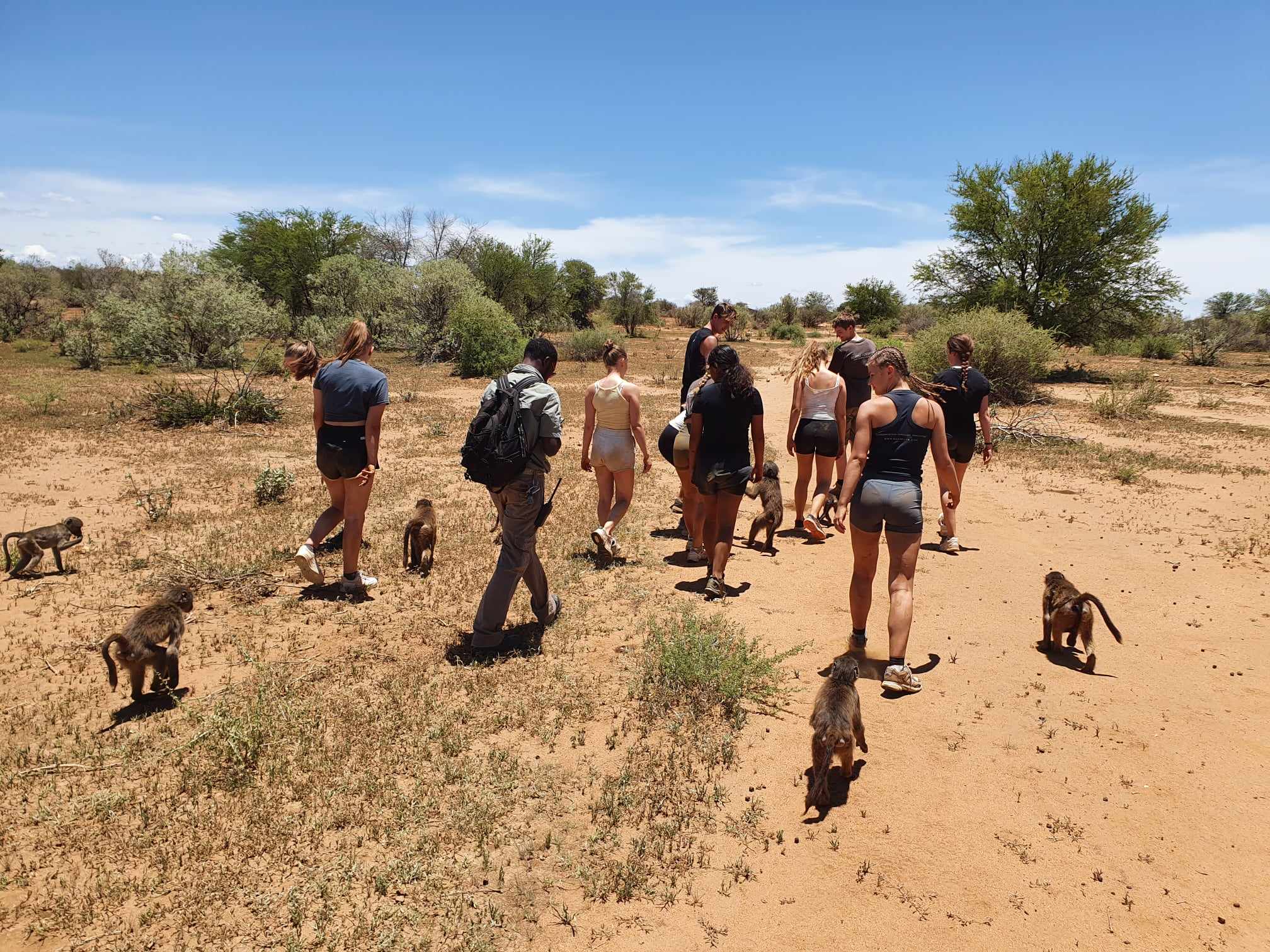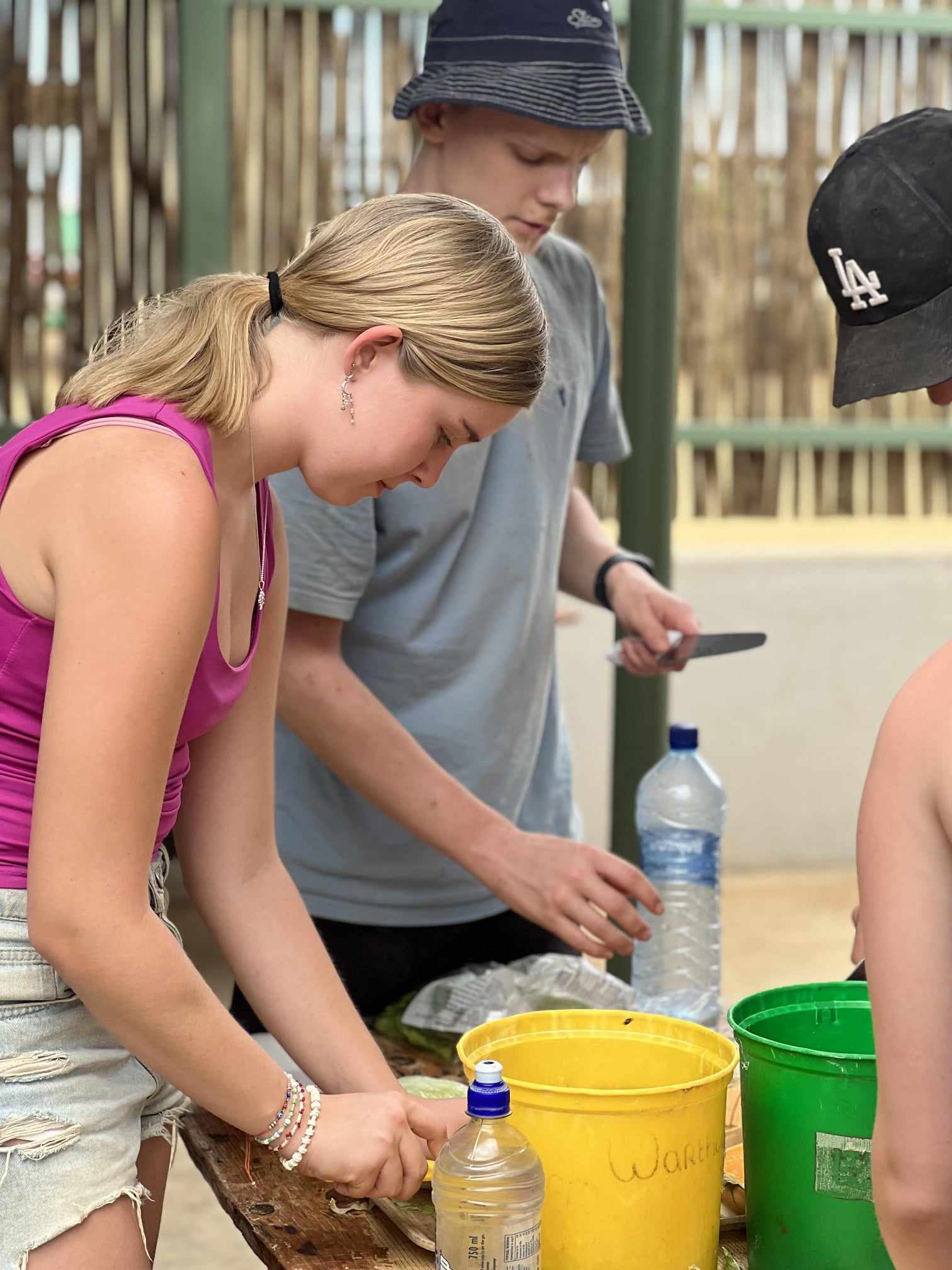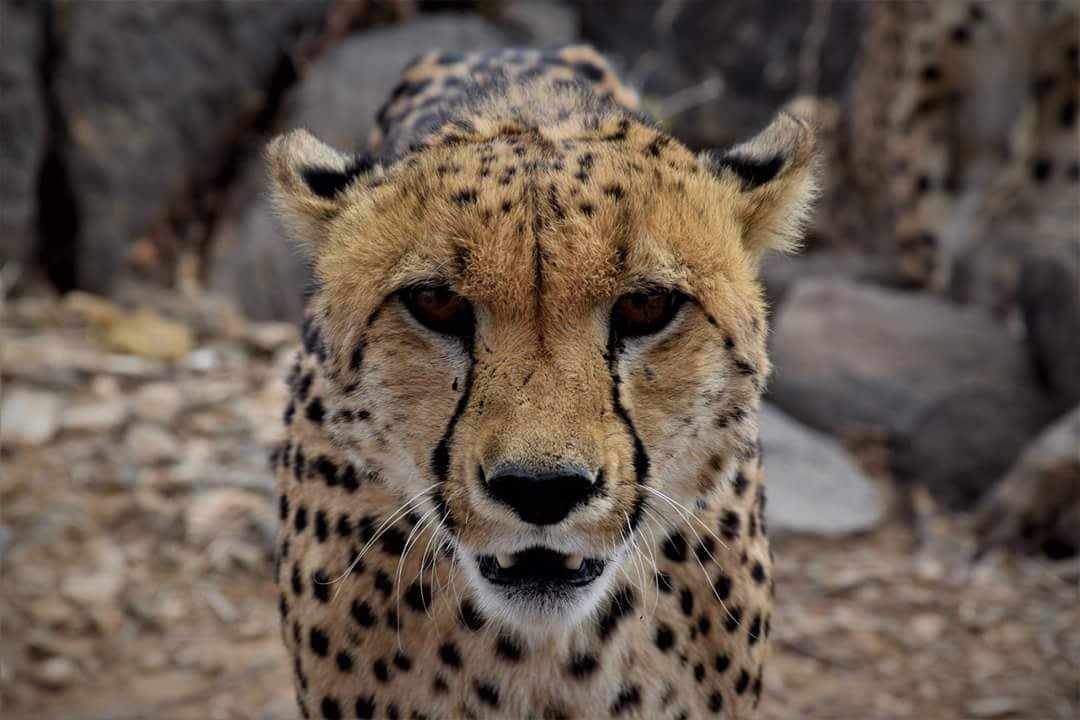
Namibia - Wildlife Conservation
Did you know that there are only about 7.000 cheetahs left in the wild?
Category
Culture SubjectsResearch. data gathering and interaction with animals and humans.




In Denmark we are discussing the entitlement of wolves in the nature - in Namibia the problem is exactly the same, namely human/wildlife conflict. Here, the extend is just a lot bigger, since they are dealing with cheetahs, leopards, lions, hyenas and african wild dogs. Their territories diminish as the human population grows and agricultural areas spread. Poaching is also a major factor in large parts of Africa.
NAMIBIA
Located just north of South Africa, Namibia is one of the world's least densely populated countries. In the capital Windhoek, you can clearly sense how the country is an old German colony. The official language is English and the main religion is Christianity. It is one of the safest countries in Africa to travel to. We will stay at various locations within the organisation N/a'an ku sê, which works for wildlife, people and nature in Namibia.
Academic programmes
In class, the students will primarily do group work on the country's history, biology, traditions, tribes, etc. We will also learn about some of the different animal species we will encounter on the journey, including human-animal conflicts and endangered species. We will become our own little organisation with a student-produced logo and with the aim of raising money for N/a'an ku sê.
During the trip, there will also be training from the organisation's skilled coordinators on various aspects of wildlife conservation.
As a natural extension of N/a'an ku sê's goals, we will work with the following UN Sustainable Development Goals both before and especially during the journey:
- SDG 1 - No poverty
- SDG 2 - Zero hunger
- SDG 4 - Quality education
- SDG 15 - Life on land
The first three SDGs relate to giving the stigmatised San tribe better opportunities in society by providing food, clothing, blankets, etc. and offering free schooling and medical care. We bring sponsor gifts in terms of hygiene, schooling, clothing, etc.
The latter goal adds to the work of helping orphaned or injured animals return to the wild or a dignified life in captivity.
PRACTICAL INFO
First and foremost, we'll work on learning about Namibia and its endangered animal species. In addition, we hope to visit Randers Rainforest or Aalborg Zoo for a talk about The parents' letters will be sent out regularly with information about travel times, packing list and not least the process of filling out the parental consent form (stamped and signed by a notary) that Namibian law requires when travelling with children that are not your own.
THE JOURNEY ITSELF
As mentioned, the overall purpose of the trip is to visit N/a'an ku sê - Namibia Wildlife Sanctuarywhich is a non-profit organisation. We will be part of N/a'an ku sê's team of volunteers and can work with different parts:
- Preparation of feed and feeding of the centre's animals
- Cleaning and maintaining the fences
- Stimulating the animals/walking
- Gathering data via camera traps and GPS
- School visit to N/a'an ku sê primary school
- Teaching different aspects of wildlife conservation
- Trip to Epukiro, Lifeline clinic and interaction with locals
- Cultural/historic tour to Windhoek
ECONOMY
Self-payment: Approximately DKK 13,000.
Recommended pocket money: 500 - 1,000 DKK (for snacks, drinks and souvenirs)
VACCINATIONS
Tetanus, Diphtheria, Hepatitis A
Rabies vaccination and malaria prevention is optional but recommended by the Danish Vaccination Service.
DURATION
The journey usually lasts about 12 days
SAFETY
- Passports must be valid for at least 6 months after travelling.
- Prior to the trip, a travel instruction is prepared in relation to possible situations on the journey.
- All transport in the country is done with the organisation's own buses and drivers.
AFTER THE JOURNEY
After the trip, students will work with photo and video material and evaluate their experiences and activities on the trip.
REQUIREMENTS
This course is for students who are passionate about working with animals and making a difference. It's hard work mixed with fun and magnificent nature experiences.
Meeting new people and a new culture, where the conditions of life are very different, with an open mind.
You have to be ready for hard work and getting dirty.
Good shoes and clothing suitable for work and respecting the fact that we are in a workplace will be required.
A big part of the project consists of data gathering, so a real interest in the animals and their living conditions is a plus.
Teachers
 |
|
| Carsten Ardal ca@ranumefterskole.dk |
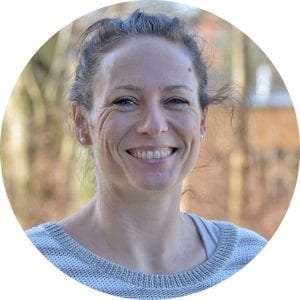 |
|
| Karina Dahl kar@ranumefterskole.dk |
 |
|
| Laura Nielsen lan@ranumefterskole.dk |


